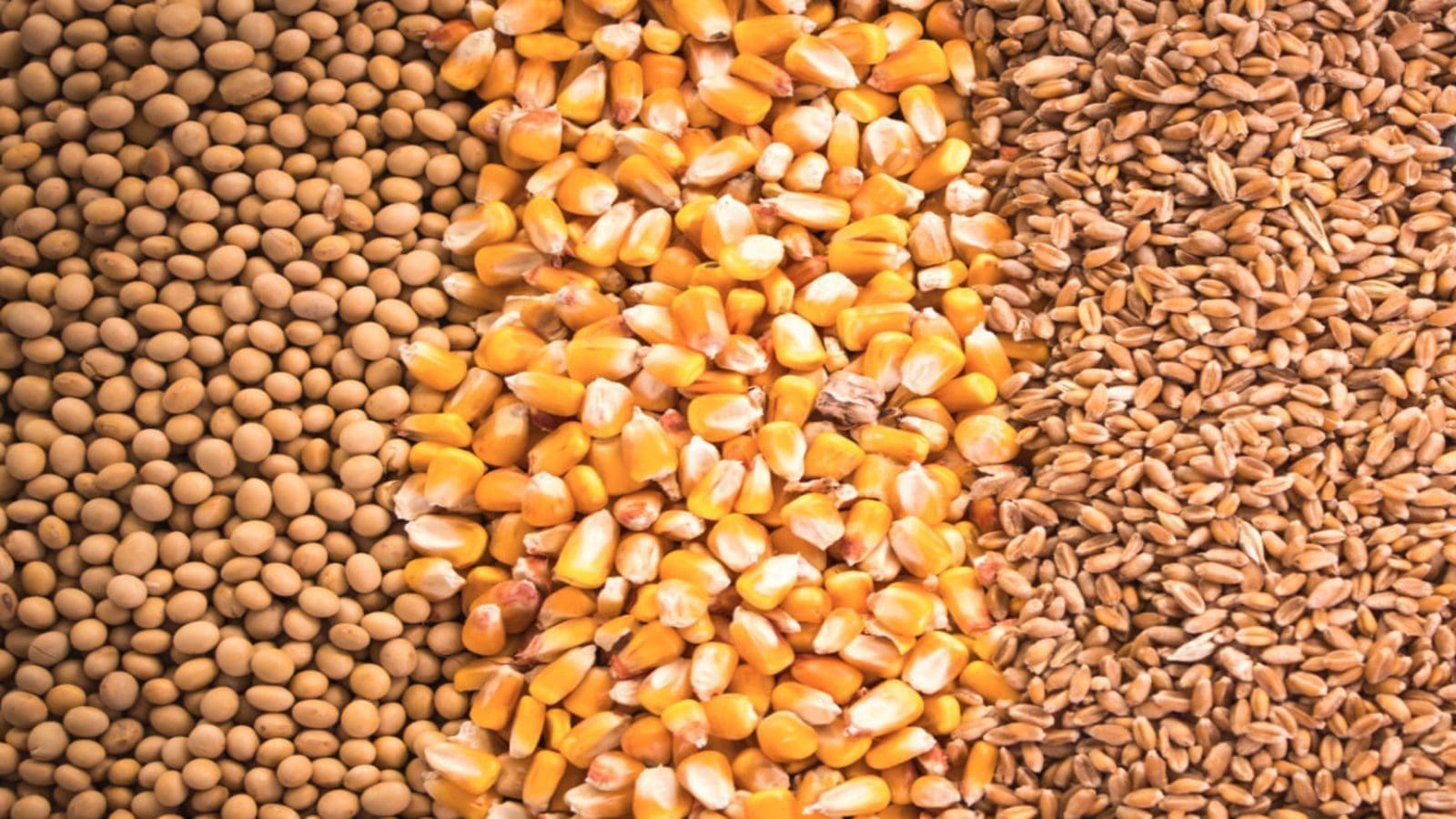Food & Climate
The world needs to expand the range of food crops grown to avoid the harmful effects of a lack of diversity on global food security, especially since a limited number of crops, no more than four, control 90% of the calories consumed by the world’s population.
The reliance of the world on four main crops is an inherent weakness in humanity’s response to climate change and the need to maintain optimal levels of biodiversity at a global level.
This is the strongly held view of University of Oxford academic, Dr. Nicola Ranger, who recently gave the 2025 George Scott Memorial Lecture at Queen’s University Belfast.
The four ‘breadbasket’ crops are wheat, maize, rice and soya beans, according a report seen by “Food & Climate” platform.
Expand the range of food crops grown globally
According to Dr. Ranger, the continuing threat posed by the degradation of nature and the reduction in biodiversity around the world could act to severely limit mankind’s ability to feed itself into the future.
Currently, the four breadbasket crops account for 90% of the food calories consumed by populations around the world.
One obvious response to this threat would be to expand the range of food crops grown globally, which Dr. Ranger pointed out was the case 100 years ago.
Significantly, she also expects climate change to act in ways that will move the geographic focus of the world’s food production systems to more northerly latitudes.
Dr. Ranger also believes that food crops can be grown more sustainably and in ways that do not increase their cost to the consumer.
But she said that making this happen will require the combined efforts of farmers, food processers, governments, and communities, all committed to the development of more sustainable food production systems.
With trade being a vital part of the UK economy, Dr. Ranger recognises that the country is extremely exposed to breakdowns in the global food production and supply systems.
Given this reality, the Oxford academic points to the need for an assessment of what currently constitutes ‘food security’ within the UK.
This was a point specifically referenced by Ulster Farmers’ Union (UFU) president, William Irvine, who attended the lecture.
According to Dr, Ranger, nature underpins human existence.

She pointed out that natural capital underpins a very high proportion of the entire economic risk that confronts all countries. And the UK is no different in this regard.
The Oxford academic cited water quality as being one of the most significant nature-based risk factors now confronting many countries around the world amid climate change.
And she said it will take significant financial investment to successfully address this challenge.
Poor air quality and the impact of pollutants on natural systems is another challenge in a growing number of countries.
The Oxford academic also pointed out that natural systems, when working in harmony, represent the world’s line of defence when it comes to mitigating the impact of floods and other natural disasters.
Meanwhile, she emphasised that healthy soils are at the very heart of sustainable food production systems, according “Agriland“.
Hunger in Africa
African countries have become reliant on a few food items. Just 20 plant species now provide 90% of our food, with three – wheat, maize and rice – accounting for 60% of all calories consumed on the continent and globally. This deprives the continent of diverse food sources, at the very time when research has found massive food and nutrition insecurity in Africa.
By 2020, about 20% of the continent’s population (281.6 million) faced hunger. This figure is likely to have increased, given the impacts of successive droughts, floods and COVID-19.
Yet historically, Africa had 30,000 edible plant species, and 7,000 were traditionally cultivated or foraged for food. The continent is a treasure trove of agrobiodiversity (a diversity of types of crops and animals) and its countries could easily feed themselves.
As society and agriculture evolved, many foods that defined diets and sense of self on the continent were lost. Many of these now occupy the status of neglected and underutilised crop species. Knowledge of their production is slowly fading away.

We reviewed studies and policies related to wild food plants, nutrition and justice and found that many underutilised but nutritious and hardy crop species that could be grown to end hunger in Africa. These included Bambara groundnut, cowpea, pigeon pea, millet, sorghum and African leafy vegetables such as amaranth and wild mustard.
Our findings identify nutritious crops that can tolerate heat and drought and could be planted by smallholders on land that is unsuitable for mass monoculture, according to “The conversation”.

